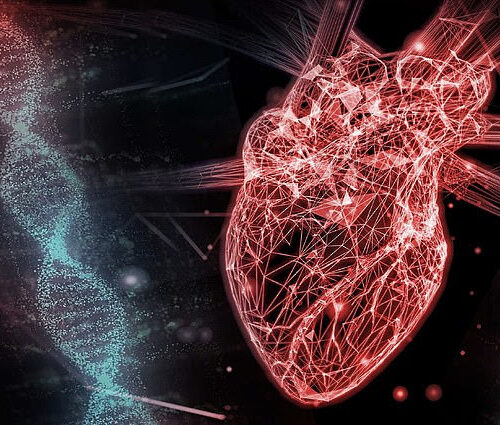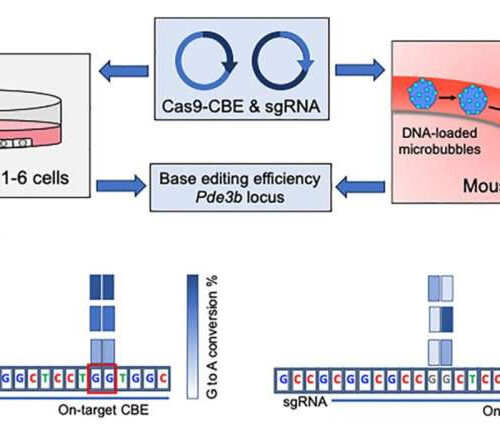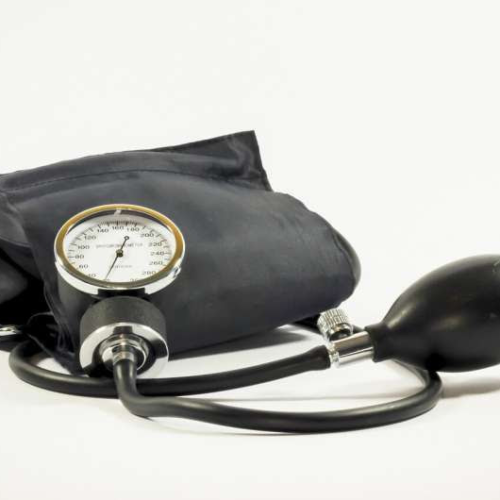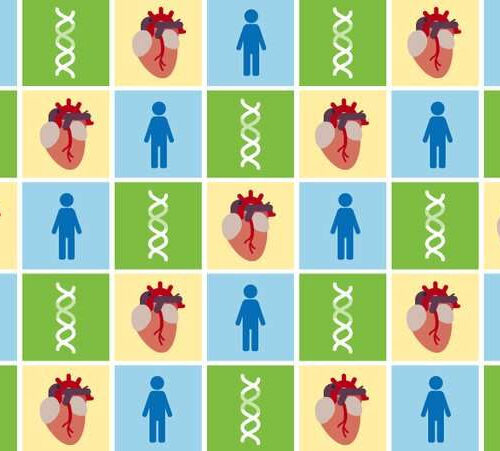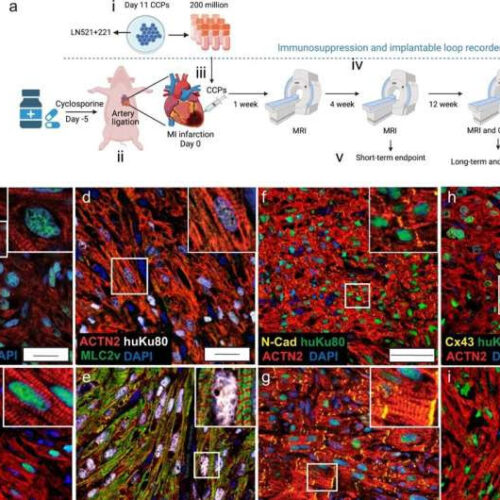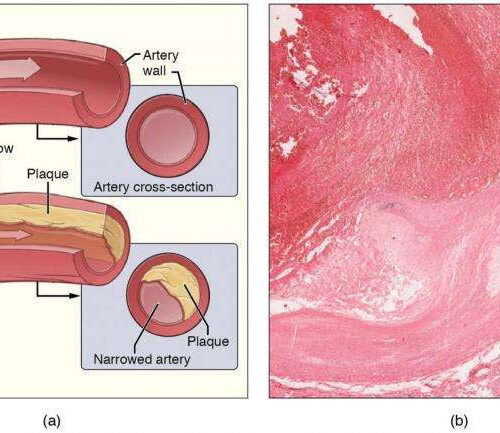Are we on the brink of a cure for heart disease? That was the question being whispered by normally cautious cardiologists at the American Heart Association annual conference in Philadelphia last week. Over three packed days, a raft of game-changing scientific discoveries have been unveiled by the world’s leading specialists – many of which will...
Tag: <span>heart disease</span>
Microbubble gene therapy may protect against heart disease
by University of Hawaii at Manoa Credit: Molecular Therapy – Nucleic Acids (2023). DOI: 10.1016/j.omtn.2023.07.032 Gene therapy has great promise for treating genetic diseases, and even for more common diseases such as atherosclerosis (hardening of the arteries). Over the past decade, the gene-editing technology CRISPR (Clustered Regularly Interspaced Short Palindromic Repeats)—a family of DNA sequences found...
A century of research shows eating these compounds can help protect against heart disease and Alzheimer’s
by Jara Pérez Jiménez, Cara Frankenfeld, Léopold L Fezeu Kamedjie, Margaret Slavin and Valentina A. Andreeva, The Conversation Credit: CC0 Public DomainPerhaps the word “polyphenol” means little to you, but they certainly mean a lot to your health. Polyphenols are a family of chemical compounds present in foods of vegetable origin and seaweed that have been...
Fluctuating blood pressure: A warning sign for dementia and heart disease
by University of South Australia Credit: Pixabay/CC0 Public DomainA new study by Australian researchers has shown that fluctuating blood pressure can increase the risk of dementia and vascular problems in older people. Short blood pressure (BP) fluctuations within 24 hours as well as over several days or weeks are linked with impaired cognition, say University of...
30-second mouth rinse a quick, easy way to detect heart disease risk
By Paul McClure A mouth rinse that measures the levels of white blood cells in saliva is an effective way of detecting heart disease risk, a study has found. Depositphotos A new study has found that measuring the levels of white blood cells in your saliva through a quick and easy 30-second mouth rinse is an...
More diverse datasets lead to better genetic risk prediction for heart disease
by Leah Eisenstadt, Broad Institute of MIT and Harvard Credit: Susanna Hamilton, Broad Communications Over the past decade, researchers have been developing polygenic scores—calculations of a person’s likelihood of getting a disease based on the millions of small genetic differences across their genome. The accuracy of these scores has improved for some diseases and groups of...
Gut bacteria may help protect against heart disease, gout
The gut microbiome may influence heart health, research shows. Laura Herrera/Stocksy Over the past few years, researchers have discovered more details on how the body’s gut microbiome affects its overall health. An unhealthy gut microbiome, for example, has been linked to a variety of diseases. Researchers from the University of Wisconsin–Madison have now identified specific bacteria in the...
Bacteria With a Taste for Inflammatory Compound Could Protect Against Heart Disease
Some bacteria in the guts of humans and mice may help control plaque buildup in arteries, the leading cause of cardiovascular disease, by gobbling up a group of inflammatory chemicals before they can circulate. New research from the University of Wisconsin–Madison and collaborators worldwide identified microbes able to break down uric acid in the low-oxygen environment of the...
Researchers develop promising stem cell-based regenerative therapy for heart disease
by Duke-NUS Medical School Vascularization of human muscle grafts. a Schematic illustration of: (i) CCP generation; (ii) permanent MI infarction; (iii) intramyocardial transplantation of CCP; (iv) post-transplantation MRI and CT scans, and (v) euthanization at 4 or 12 weeks post-transplantation. At 4 weeks, the human grafts showed disorganized staining of b TNNT2 (red) Scale bar = 20 μm, d ACTN2 (red) and MLC2v...
Experimental cancer drug may slow inflammation linked to heart disease
by NYU Langone Health Atherosclerosis is a condition affecting the cardiovascular system. If atherosclerosis occurs in the coronary arteries (which supply the heart) the result may be angina pectoris, or in worse cases a heart attack. Credit: Wikipedia/CC BY 3.0 An experimental drug already tested as a potential treatment for cancer, lung, and Alzheimer’s disease may...

